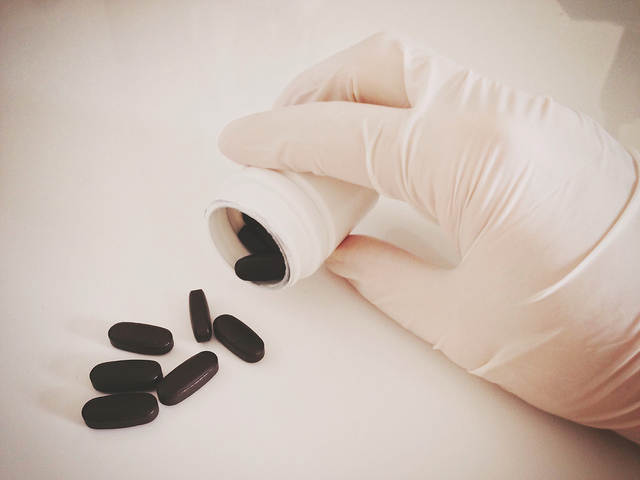A new report from the Centers for Disease Control (CDC) warns of the dangers of opioids. Last year opioid pain relievers and heroin alone were responsible for some 47,000 deaths in the United States in 2014. All told, between 2000 and 2014, almost 500,000 people died from drug overdoses. In 2014, 60 percent of these overdoses involved opioids. (Click here for Dr. Salomeh Keyhani’s post on how opioids can kill you.)
The opioid problem appears to be growing. The CDC found a 14 percent increase in deaths from opioids between 2013 and 2014. Overdose deaths from opioids have tripled in the past 20 years. The number of deaths from opioids now compare with deaths from auto accidents and guns.
There was a 9 percent increase in deaths from oxycodone and hydrocodone, the two opioids most involved in overdose deaths, between 2013 and 2014. And, there was a 26 percent increase in deaths from heroin in that same period, totaling 10,574.
A new Medscape survey shows that the majority of doctors (74 percent) are very concerned. The vast majority of doctors spend time with patients explaining proper use of opioids, but far fewer spend time on how to store and dispose of them safely.
WebMD reported a major rise in opioid prescriptions between 1991 and 2011, from 76 million to over 219 million a year.
Overdose deaths are up for both men and women of all ages, including blacks and whites. Five states with the highest drug overdose rates were New Mexico, New Hampshire, West Virginia, Kentucky and Ohio.
The CDC recommends doctors prescribe smaller quantities of opioids for a short term to treat acute short-lived pain. For long-term pain, it recommends that doctors first prescribe other less addictive drugs than opioids and, only if these drugs don’t work to relieve pain, begin prescribing the lowest dose of opioids so long as risks do not outweigh benefits.











Since the FDA made it a lot more difficult to obtain opioids in October of 2014 it seems like, if it was working, that deaths should have gone down instead of up. The problem is that there are no effective medications for chronic pain that don’t have serious side effects. It would be interesting to know how many of the reported deaths are due to people in chronic pain overdosing as opposed to misuse of street drugs and other uses. Where are the “less addictive” drugs? Just this week I asked my doctor if there was anything I could take other than Vicodin and was told that there just isn’t anything.
My doctor won’t even give me Vicodin anymore, she is to afraid of the FDA and DEA,,, sad when a doctor can be told how to best treat a person with chronic pain, and yes I see both sides of the issue, legal and illegal and the rise in LESI (Lumbar Epidural Steroid Injections ) treatments that make pain management doctors Rich for a treatment that does nothing to help you out.
I’m with you on this. Many years ago a doctor insisted that steroid injections would cure my back pain. One injection a week for three weeks gave me one day free of pain and gave me elevated blood sugar and blood pressure that never went back to normal.